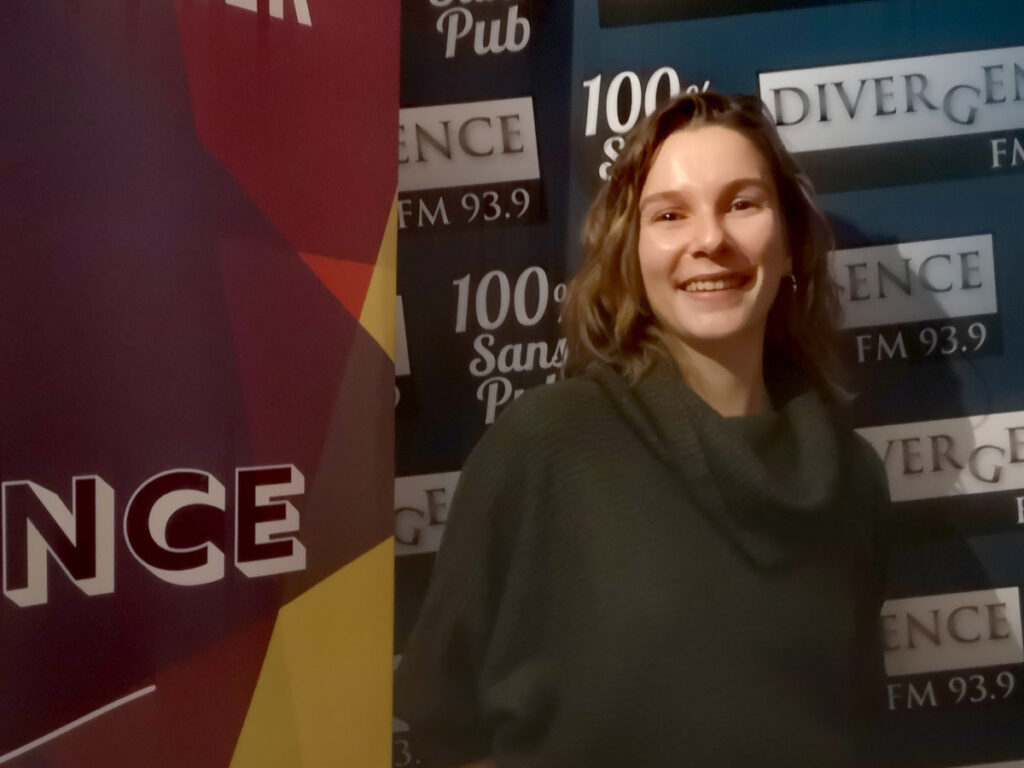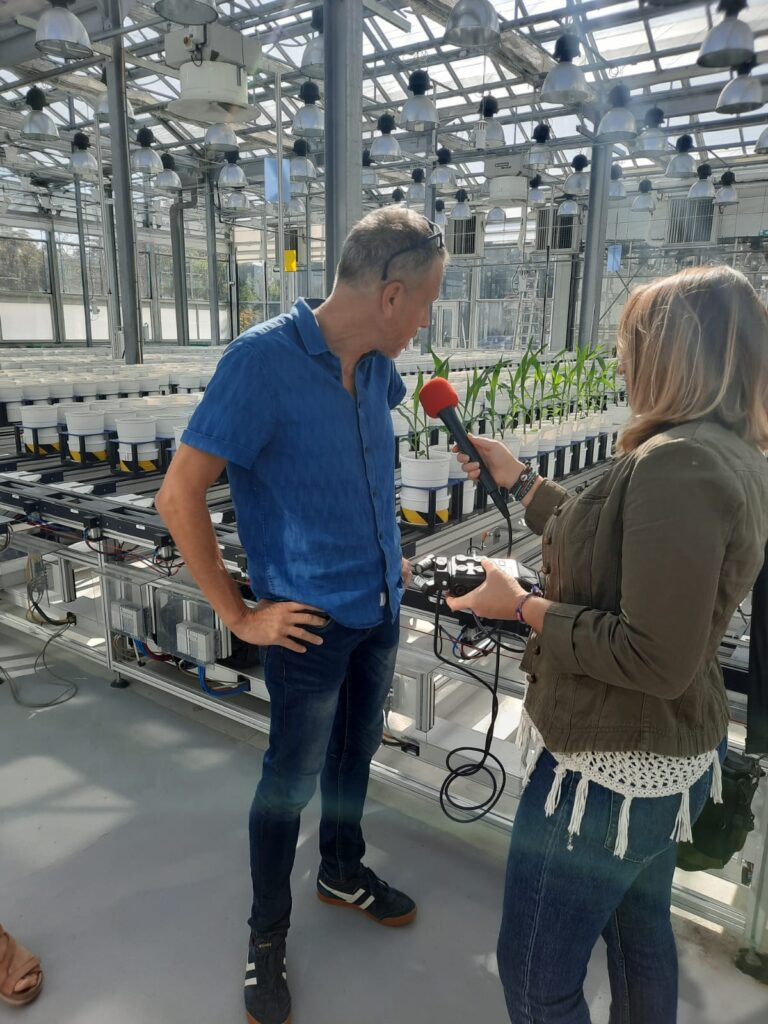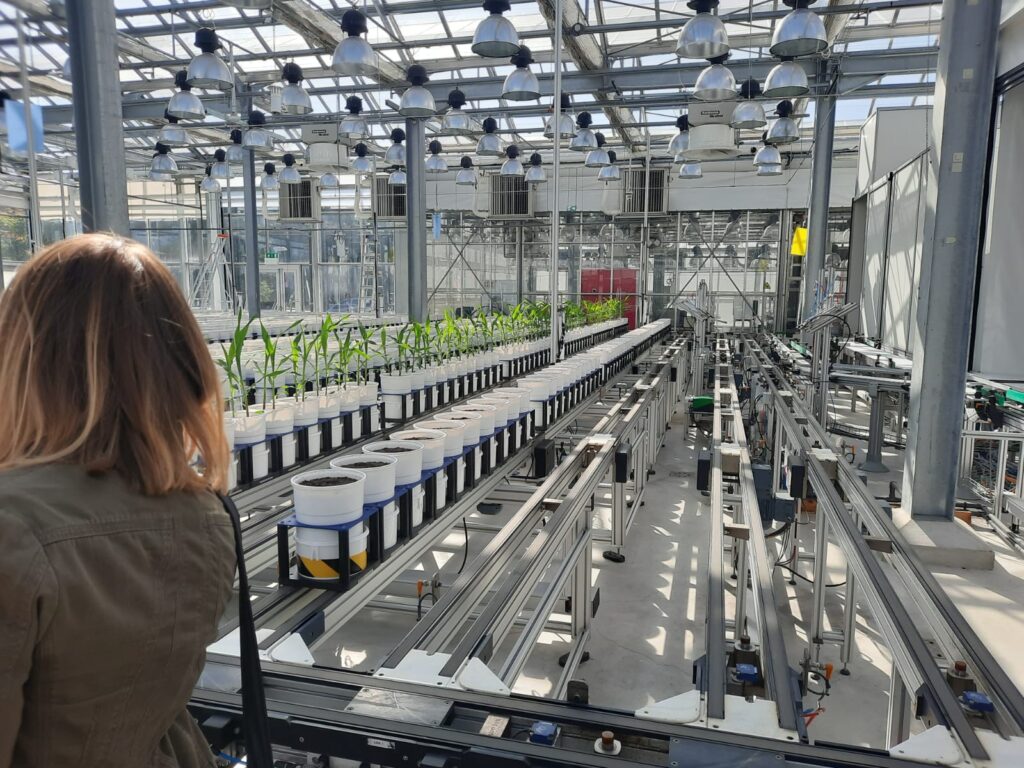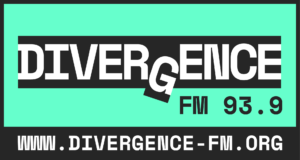A l'UM la science [S03-ep15]: Food and cancer
This week in A l'UM la science, Sophie Tissot, doctoral student at the Mivegec laboratorylaboratory, talks to us about evolution, cancer and food. Our report takes us on a tour of the PhenoArch platform platform with Bertrand Muller. Finally, our last-minute guest is Agnès Pesenti, who presents the next Science Bar. A program co-produced with Divergence FM and broadcast every Wednesday at 6pm on 93.9.

It's January 24, the first month of the new year is barely over, and yet good resolutions are already a distant memory. In fact, do you know what the most common French resolutions are? The very original triptych: exercise, eat better and, of course, lose weight.
So we can talk about the diktat of fashion, the tyranny of the body etc., but perhaps this obsession with food in our modern societies also betrays the intuition of a form of evolutionary imbalance. We know the deleterious effects of our diets on our bodies. The links between diet and cancer, for example, have been widely demonstrated. Sadly, the more you eat, and the richer you eat, the more likely you are to develop cancer in the future.
Today, evolutionary oncology is taking a close look at the links between food availability and tumorigenesis, and is trying to understand whether this correlation exists only in mammals, or whether man shares this trait with species that are very different from him in evolutionary terms, such as fish or hydras. To do this, science does what it does best: experiment and compare.
We talk to Sophie Tissot, doctoral student at the Mivegec laboratory and at CREEC, the center for ecological and evolutionary research on cancer. She is first author of the study entitled " The impact of food availability on tumorigenesis is conserved throughout evolution ", published in the journal Scientific report.
More info :
- Read the press release Food and cancer: preserved links in the tree of life
- Read the article The impact of food availability on tumorigenesis is evolutionarily conserved
- Read the article Darwin was right
In the second half of the program, Bertrand Muller, researcher at Lepse, the ecophysiology of plants under environmental stress laboratory, introduces us to PhénoArch, a phenotyping platform dedicated to analyzing the genetic determinants of plant response to drought, temperature or light.


Finally, for our last-minute interview, Agnès Pesenti, head of scientific culture at the UM, presents her best wishes and announces the resumption of the Science Bar with a lecture on January 25 on the question: "Should we be afraid of artificial intelligence?
At UM la science you've got the program, here we go!
Coproduction: Divergence FM / Université de Montpellier
Animation: Lucie Lecherbonnier
Interviews : Aline Périault / Lucie Lecherbonnier
Production : Alice Rollet / Tom Chevalier
Listen to the program "A l'UM la science" on Divergence FM 93.9

UM podcasts are now available on your favorite platforms (Spotify, Deezer, Apple podcasts, Amazon Music...).